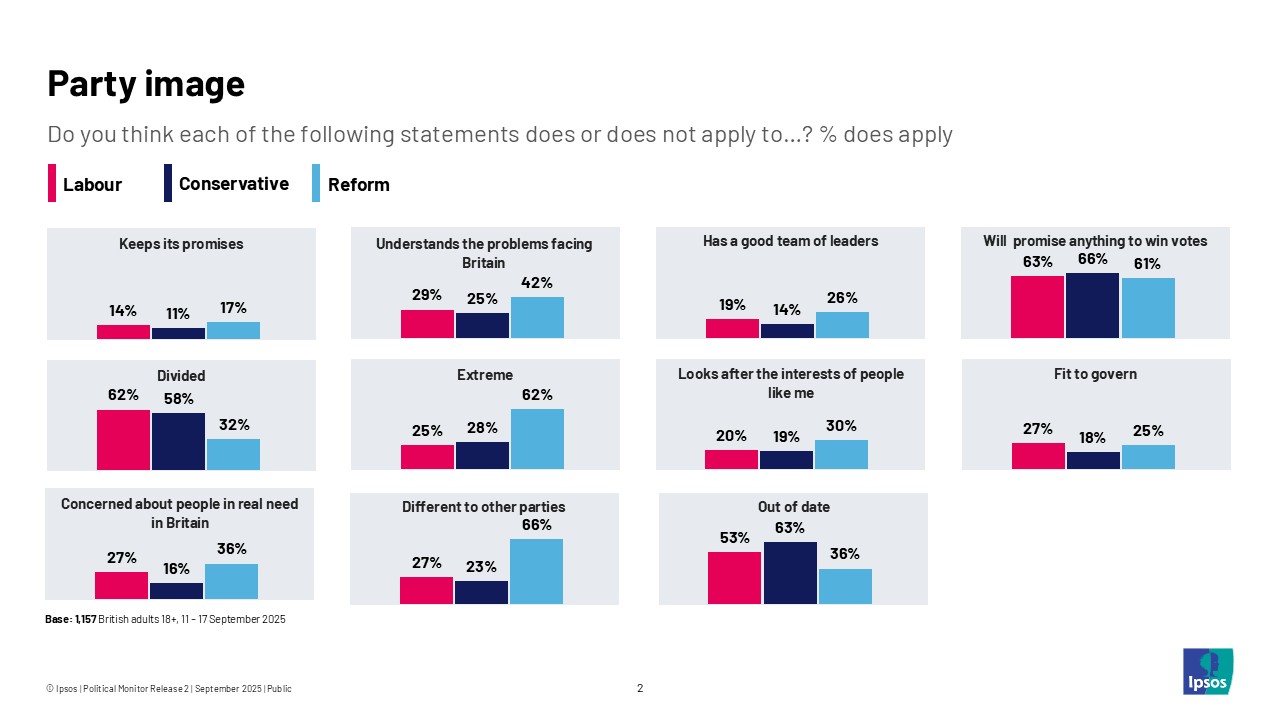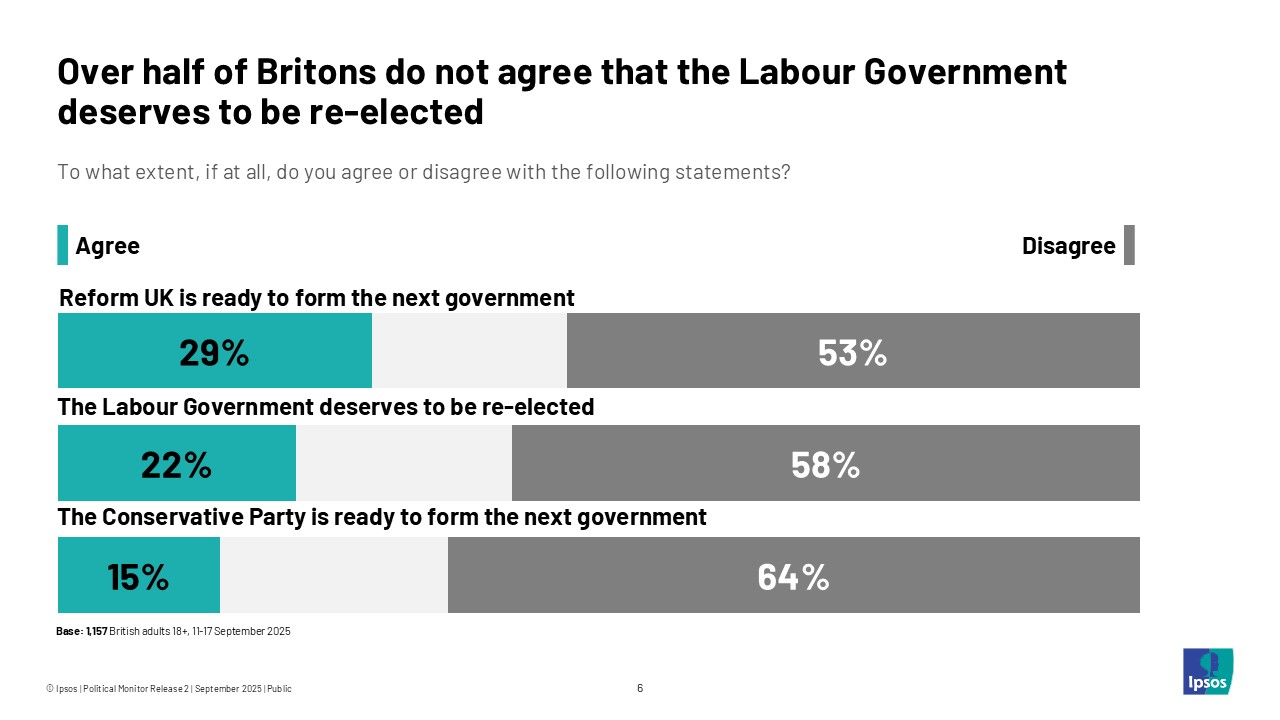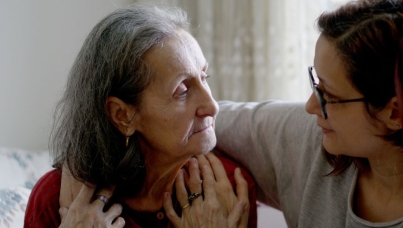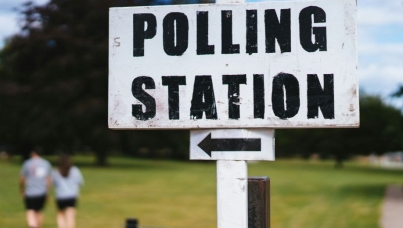Two-thirds of Britons disagree the Conservative Party is ready to form the next government
New data from Ipsos’ latest Political Monitor, taken before the Labour and Conservative Party conferences, shows the public are deeply sceptical about the Conservatives returning to government. Meanwhile, Reform UK have a strong party image but the public are yet to be convinced they are ready for government either. Fieldwork carried out 11-17 September 2025.
- Just 15% think Conservatives ready to form the next government. The lowest figure Ipsos have recorded for the main opposition party since we first asked this question in 1994.
- Meanwhile, the public think Reform UK most likely to understand problems facing Britain as majority say Labour do not deserve to be re-elected.
- However, six in ten also consider Reform UK ‘extreme’ and majority doubt they are ready to govern.
Party Image
- Both Labour and the Conservative party are seen by a majority of Britons as promising anything to win votes (Labour 63%, Conservative 66%), being divided (Labour 62%, Conservative 58%) and out of date (Labour 53%, Conservative 63%).
- Reform UK is seen by majorities as being different (66%), but also extreme (62%) and promising anything to win votes (61%).
- Reform has a clear lead over both Labour and the Conservatives on understanding the problems facing Britain (42% vs Labour 29%, Conservatives 25%), looking after the interests of people (30% vs 20% Labour, 19% Conservatives), and being concerned about people in read need (36% vs Labour 27%, Conservatives 16%).
- At the same time, none of the main three parties are seen as being fit to govern, with Labour and Reform level (Labour 27%, Reform 25%), or as keeping their promises (Labour 14%, Reform 17%, Conservatives 11%).
- While few think any of the main three parties have a good team of leaders, Reform has a small lead, with one in four (26%) saying this, vs only one in five (19%) saying the same about Labour and 14% about the Conservatives.

Forming the next government
- A majority (58%) disagree that Labour deserve to be re-elected, with only 22% agreeing. Figures are comparable to those seen by the Conservatives during the 2024 General Election campaign (20% agree, early June 2024), though more were disagreeing at the time (67%). Among their own 2024 voters, only two in five (40%) agree the party deserves to be re-elected.
- Also a majority disgaree Reform UK is ready to form the next government (53% disagree, 29% agree), though their 2024 voters overwhelmingly back the party (80% agree).
- Nearly two thirds do not agree the Conservative Party is ready to form the next government (64% disagree, 15% agree). These figures are much worse than what Labour were seeing ahead of the 2024 general election – in July 2024 49% agreed Labour was ready to form the next government, or the Conservatives in May 2010 – 65% agreed they were ready to form the government just before the 2010 election. With only 15% saying the Opposition is ready to form the government, this is the lowest we’ve ever recorded since we began tracking in the 1994. Among 2024 Conservative voters, less than half (45%) agree they are ready to form the next government.

Keiran Pedley, Director of UK Politics at Ipsos, said:
This data lays bare the scale of challenge facing the Conservative Party. Just 15% of the public think they are ready to form the next government, the lowest figure for the official opposition since Ipsos started asking this question in 1994. As it stands, Reform UK appear to have won the battle to be Labour’s main rival at the next General Election. Kemi Badenoch will hope to use this week’s conference to persuade her party she is the best person to change that.
Technical note
- Ipsos interviewed a representative probability sample of 1,157 British adults aged 18+, via the Ipsos UK KnowledgePanel. Data was collected between 11 – 17 September 2025. Panel members are recruited via random probability sampling, by sending letters to randomly selected addresses, which invites them to join an online panel. This approach means every household in the UK had a known and non-zero chance of being selected to join the KnowledgePanel. Those who are digitally excluded are provided with a tablet and free, restricted data connection. A sample of 2,301 adults aged 18+ were invited to take part in the survey. The sample was stratified by nation, age, qualifications and vote at the 2024 general election (as collected immediately after the election). The achieved sample was weighted in two stages:
- Design weights were applied to correct for the unequal probabilities of a person being selected for a survey, notably residents in smaller households have a higher chance of being selected.
- Calibration weights were applied through rim weighting to correct for differential non-response. Data was weighted to the adult population profile on age and gender, Government Office region, ethnicity, qualifications, work status and work sector (public sector/other), social grade (office coded), number of cars in household, constituency type, and newspaper readership (print and digital). Population targets were obtained from the 2021/22 Census, ONS population estimates and other large-scale probability surveys.
- Note that this is a new methodology implemented since June 2025. It involves a new form of data collection (online random probability panel instead of quota telephone survey), an updated voting intention (which involves prompting for Reform UK), and an updated weighting scheme. This is based on our learnings during and since the 2024 General Election. This means that comparisons with previous waves need to be made with caution. In particular, at this stage we are not making direct comparisons with previous satisfaction ratings for opposition party leaders. As always, we continually review our methods, and may make further changes to our methodology in the future.




